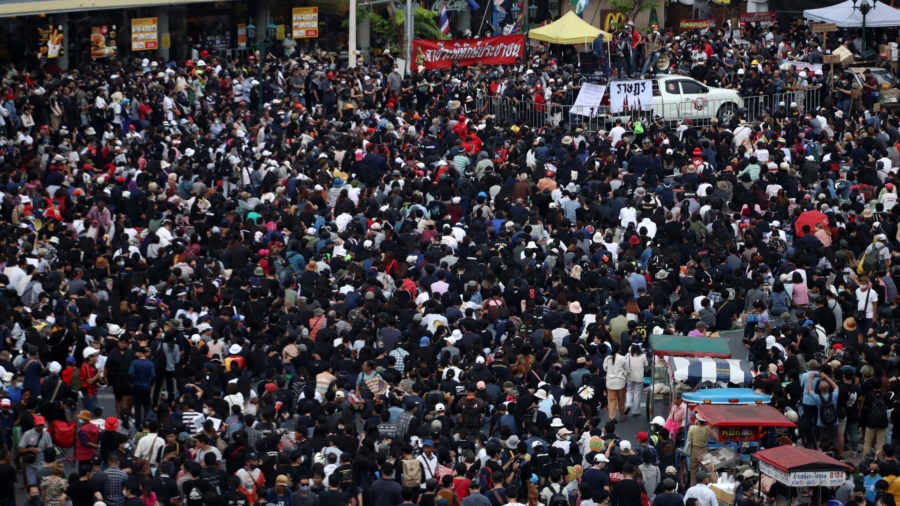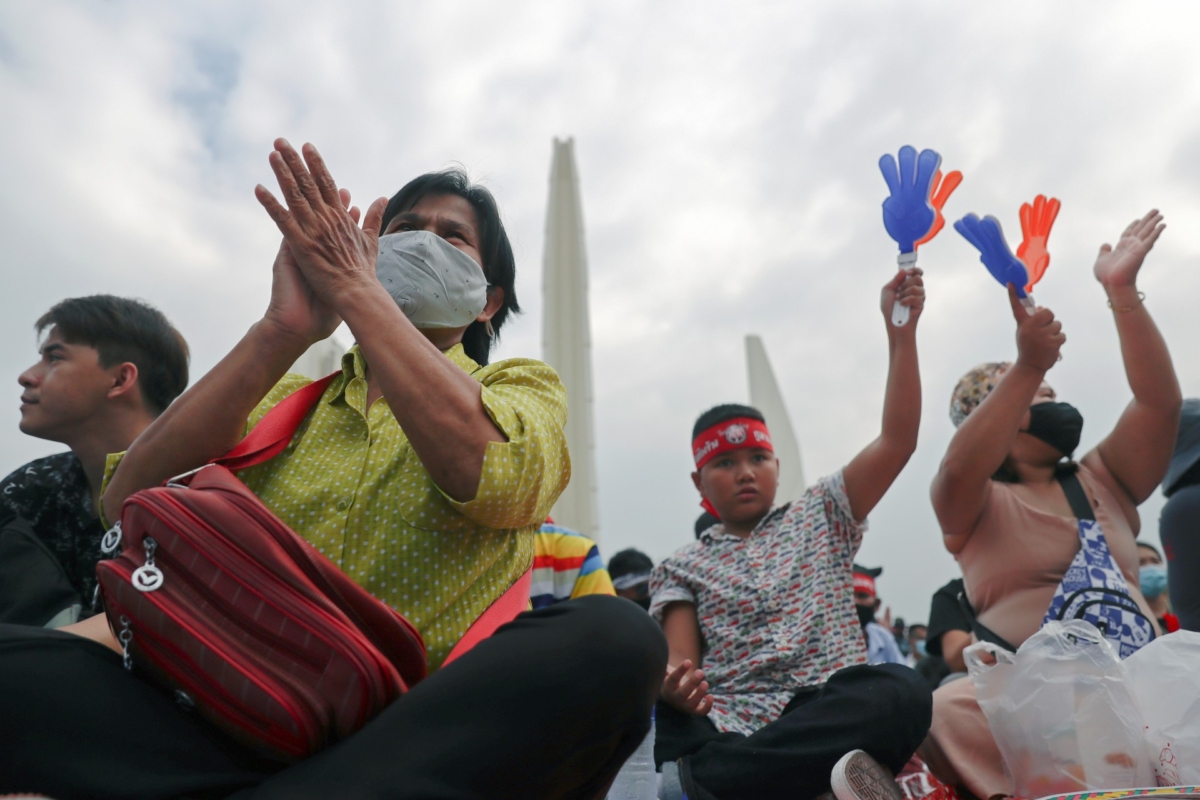Published on November 8, 2020

Supporters of President Donald Trump have discovered a new conspiracy theory they are grabbing onto as a means of justifying why they think the 2020 election was “rigged.”
The Daily Beast reported Sunday that a “deep-state supercomputer named ‘Hammer’ and a computer program named ‘Scorecard’ were used to change the ballot count”
While the U.S. Cybersecurity and Infrastructure Security Agency said that the claim was “nonsense,” Trump World conspiracy theories don’t typically recognize the authority of the American intelligence world, considering it part of the “deep state” that would have ushered in the conspiracy against Trump.
Thus far, ex-Trump adviser Steve Bannon, ex-NYPD commissioner Bernie Kerik, ex-Trump campaign adviser George Papadopoulos, right-wing firebrand John Cardillo, and Newsmax’s Emerald Robinson have all latched onto the conspiracy theory.
According to the scheme, a former intelligence contractor (and self-proclaimed whistleblower) named Dennis Montgomery said that the computer and program were used to change votes.
“He’s a genius, and he loves America,” said birther movement leader Thomas McInerney, during Bannon’s podcast. “He’s the programmer that made all this happen, and he’s on our side.”
It’s unclear why a self-proclaimed Trump supporter would confess to using such a supercomputer to change votes for Biden, but Mr. Montgomery hasn’t addressed the media. He has retained right-wing lawyer Larry Klayman, who previously worked for George Zimmerman, Jerome Corsi and the Bundy family.
“To be clear, Larry Klayman is a moron. He has never won a case in court in his life,” Roger Stone said in 2017. “He is a lightweight. He is a legal know-nothing.”
Klayman was suspended from practicing law for 90 days in June.
“What Trump allies tend to leave out, however, is that Montgomery has a long history of making outlandish claims that fail to come true,” reported the Beast. “As an intelligence contractor at the height of the War on Terror, Montgomery was behind what’s been called ‘one of the most elaborate and dangerous hoaxes in American history,’ churning out allegedly fictitious data that once prompted the Bush administration to consider shooting down airplanes.”
Michael Flynn’s lawyer Sidney Powell is on board with the conspiracy as well, saying Friday to Lou Dobbs on Fox Business that things “need to be investigated,” including the conspiracy that “three percent of the vote total was changed.” She repeated the conspiracy theory on Fox News without a fact-check from the host.
After 9/11 Montgomery was given $20 million by the U.S. government for a program he said would detect messages to al Queda sleeper cells in broadcasts from Qatar’s al Jazeera. Dec. 2003, Montgomery said that he detected al Queda hijackers ready to hijack plans from Europe and Mexico into the U.S. Flights were blocked and the George W. Bush White House even thought about shooting down planes. None of it was real. It ultimately became known as the greatest hoax in American history.
In 2013 he resurfaced as a friend of disgraced former Sheriff Joe Arpaio. He told Arpaio that his computer program “Hammer” could prove that a federal judge was colluding against him with former President Barack Obama’s Justice Department. Montgomery was last heard of when he was facing charges from Nevada for writing bad checks to casinos totaling about $1.8 million.
Read the full report from the Daily Beast.
















